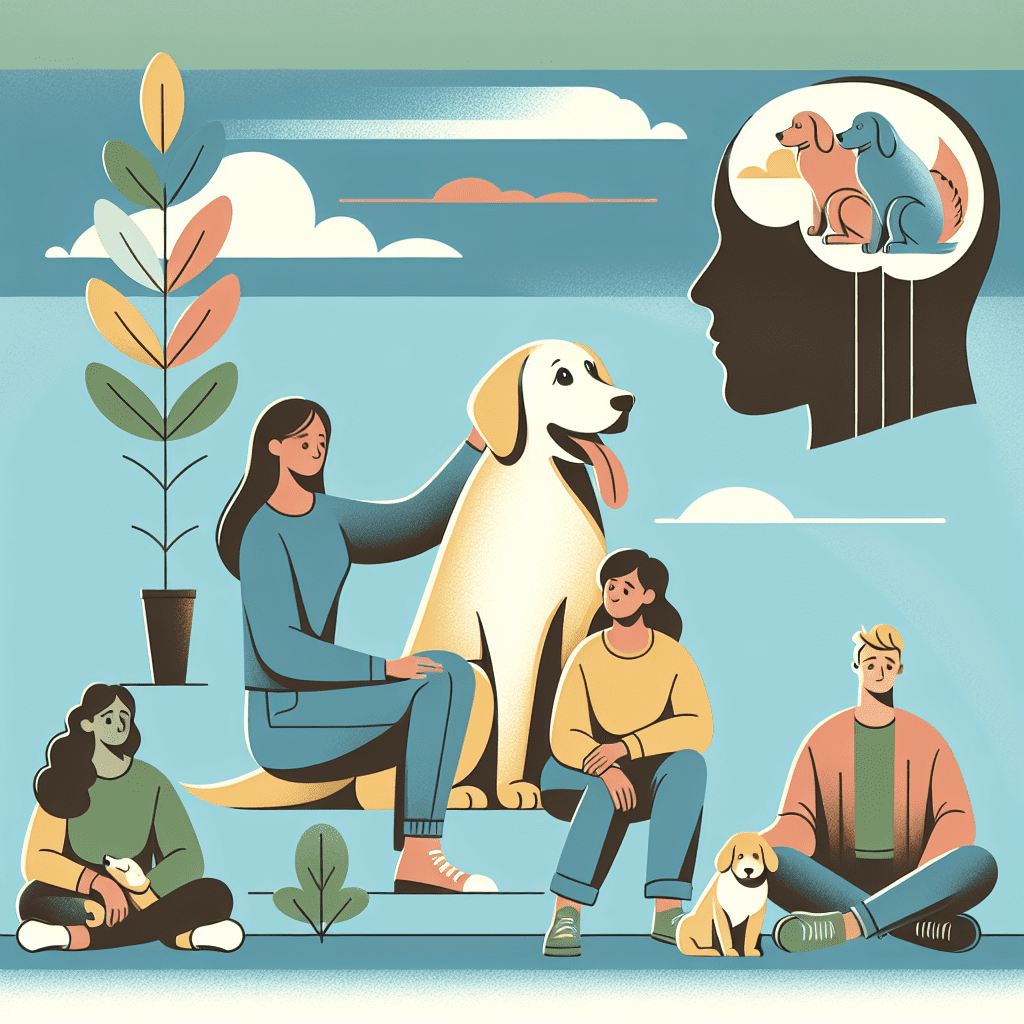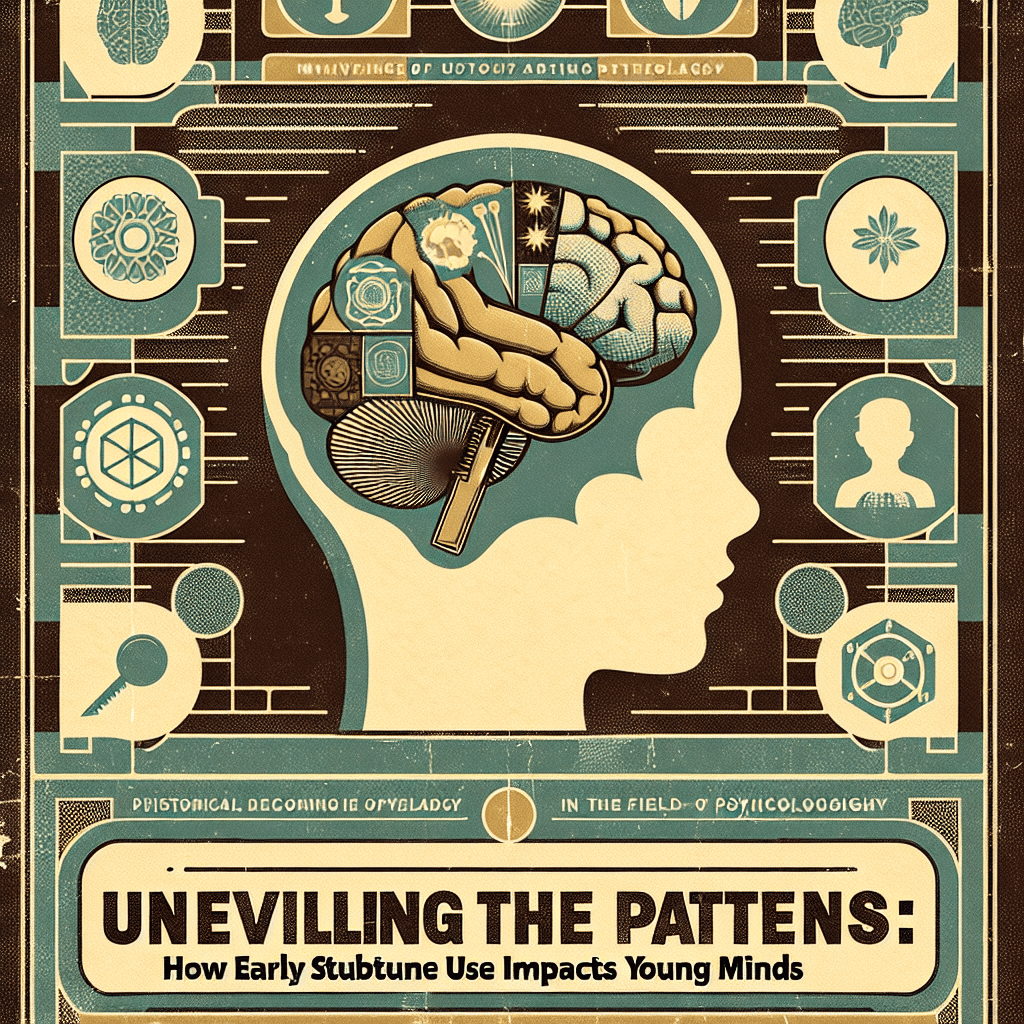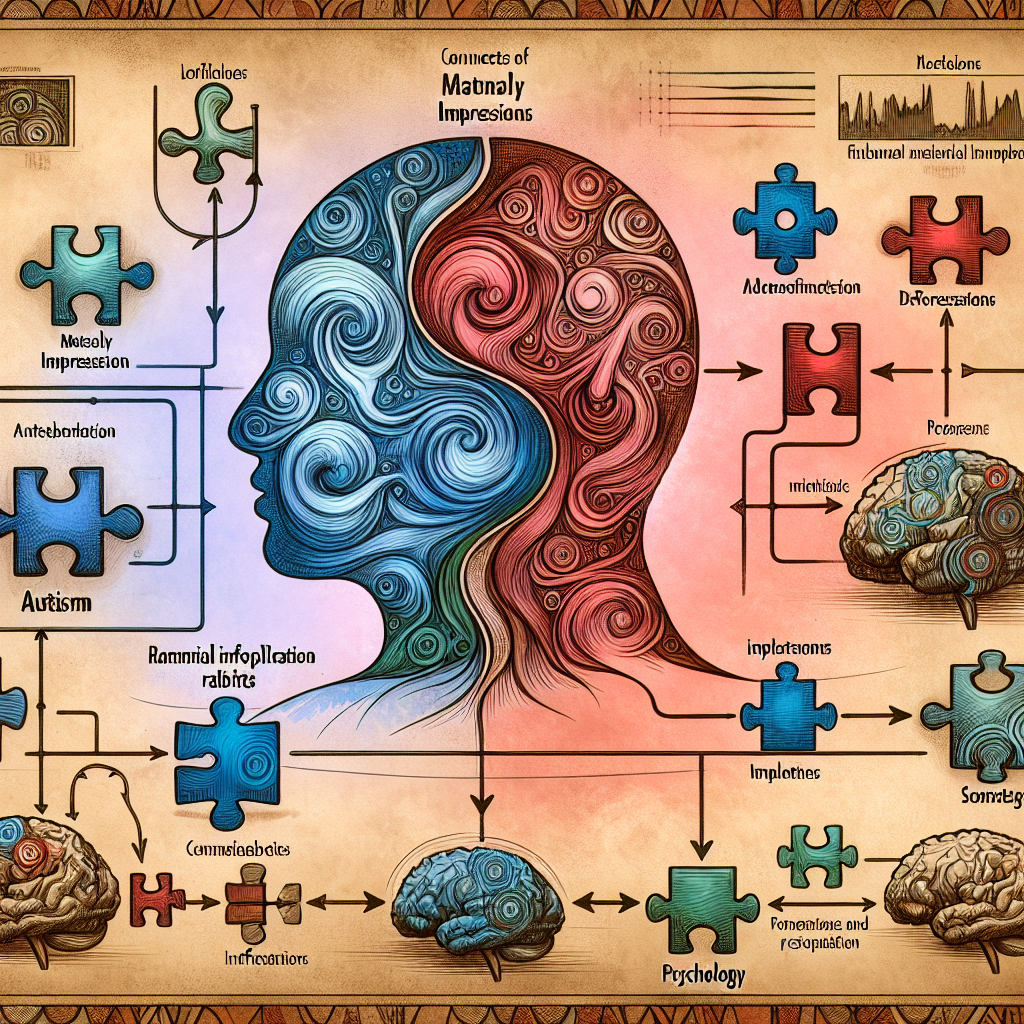In a world filled with chaos and unpredictability, one of the most sought-after qualities is resilience—the capability to bounce back from life’s setbacks and challenges. Traditional methods of assessing this elusive trait often rely on what people *say* about themselves, making it easy for biases and inaccuracies to slip in. But what if our body’s […]
Tag: Cognitive psychology

Voices from the Void: Bridging Emotional Gaps in Schizophrenia
Introduction: Echoes of Understanding Imagine being in a crowded room where everyone speaks a foreign language. You pick up words, maybe even phrases, but the melody of conversation is lost on you. For many individuals with schizophrenia, this is akin to their experience with emotions. They struggle not because they lack empathy or desire to […]

The Faces of Compassion: Unveiling the Emotions Behind Helping Hands
Introduction Imagine walking down a bustling street and catching the eye of someone who smiles at you with warmth and empathy. Intrigued, you wonder if that fleeting expression could truly communicate what words might struggle to express—care, concern, compassion. It’s a scenario most of us have experienced, yet rarely pause to dissect. But what if […]

Dogs to the Rescue: Exploring the Healing Power of Canine Assisted Psychotherapy for Teens
Introduction: The Unlikely Therapist on Four Paws Imagine a therapist who doesn’t rely on words, who listens with deep, soulful eyes, and whose mere presence can evoke a sense of calm and safety. Meet the unconventional helper in the world of mental health: the dog. In recent times, **Animal-Assisted Therapy (AAT)**, particularly with dogs, has […]

Unveiling the Patterns: How Early Substance Use Impacts Young Minds
Introduction Imagine standing at a crossroads in life, each path symbolizing a future opportunity. Now, envision how choices made at these pivotal moments could define one’s journey. This allegory often plays out starkly in the lives of young people grappling with substance use. Our story begins here, probing into the heart of how early substance […]

The Emotional Cost of Sticking to Bad Decisions: A Guide to Understanding the Sunk-Cost Fallacy
Introduction: Why Do We Hold On to Lost Causes? Have you ever found yourself unable to quit reading a dreadful book or remain invested in a hobby you no longer enjoy, simply because you’ve already put so much time or money into it? This common predicament is known as the sunk-cost fallacy, a scenario where […]

Simplifying Mental Health Assessments: The Journey from Complex Scales to Single-Item Questions
— Introduction Imagine being in a doctor’s waiting room, already anxious about a test result, when you’re handed a survey with a dozen questions about your mental state. ***Overwhelming***, right? For many people, the traditional multi-question approach to assessing mental health through tools like the Hospital Anxiety and Depression Scale (HADS) feels daunting and cumbersome. […]

Peering into Young Minds: The Fascinating World of Object Exploration and Repetitive Behavior in Autistic Children
Introduction What fascinates a child? The laughter that emerges when playing with a shiny object, or perhaps the soothing feeling of a repetitive movement. Children, especially those navigating the unique pathways of autism, often engage in activities and explorations that puzzle parents and educators alike. In the realm of autism, the term “restricted and repetitive […]

How Your Eyes Reveal the Secrets of Visual Perception
Introduction Ever wondered what your eyes are silently saying about how you perceive the world? While it might not be as obvious as the expression on your face or the words from your mouth, the subtle changes in your eyes tell profound stories about your mental processes. Imagine a bustling cityscape or the intricacy of […]

Understanding the Intricate Dance Between Maternal Impressions and Autism Traits
Introduction What if the way a mother perceives her child’s social quirks is subtly influenced by her own mind’s wiring? Every parent interprets their child’s behavior through a unique lens, shaped by experiences, beliefs, and sometimes, deep-seated psychological traits. Imagine, then, a scenario where a mother’s traits, especially related to autism spectrum characteristics, might paint […]
